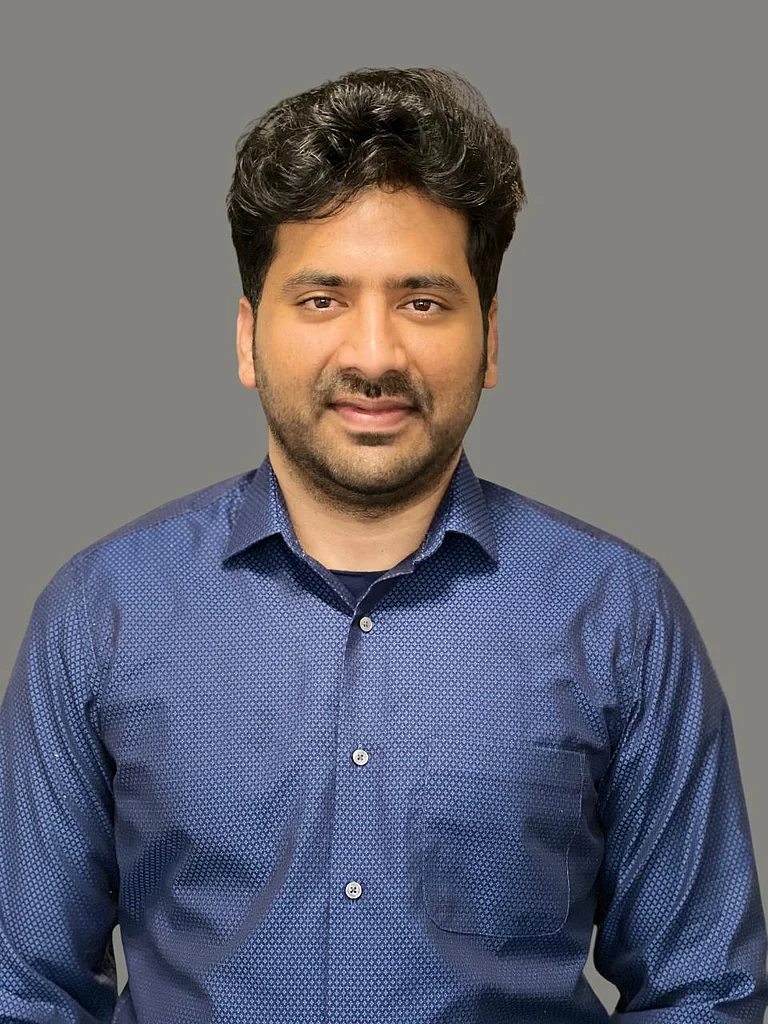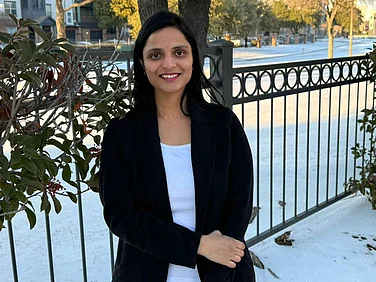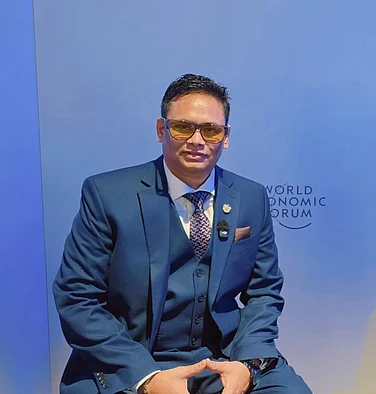Streamlined and efficient operations are crucial for organizational success in today’s rapidly evolving digital landscape. From optimizing cloud economic management to fortifying AI and machine learning security, businesses are increasingly turning to integrated approaches that unify diverse operational domains. RamaKrishna Manchana, a Distinguished Principal of Engineering and Architecture, stands at the forefront of this transformation, pioneering the synthesis of operations across DevOps, FinOps, MLOps, LLMOps, DevSecOps, MLSecOps, AIOps, and PlatformOps.
Ramakrishna Manchana’s approach to modern operations is grounded in the belief that true efficiency and innovation stem from the seamless integration of engineering and IT. His experience in leading digital transformation initiatives has demonstrated that integrating these domains into a cohesive framework not only enhances operational efficiency but also drives strategic growth and innovation across organizations. Central to his philosophy is the dismantling of operational silos. By fostering collaboration and open communication between teams, Manchana has enabled organizations in manufacturing, retail, and healthcare to develop resilient, scalable, and secure systems capable of thriving in today’s competitive landscape.
He has played a pivotal role in creating integrated frameworks that unify multiple operational disciplines into a cohesive strategy. His contributions span various industries, each tailored to address specific challenges and goals. In the realm of DevOps, he has implemented strategies at sourcing companies, supply chain and logistics firms, and manufacturing organizations, integrating infrastructure management with CI/CD pipelines. This approach significantly reduced deployment times, streamlined operations, and enhanced system reliability, leading to substantial improvements. His paper, "The DevOps Automation Imperative: Enhancing Software Lifecycle Efficiency and Collaboration," delves into the transformative power of end-to-end DevOps automation, showcasing how these practices have led to faster time-to-market, improved software quality, and increased operational efficiency in real-world industry case studies.
In his work within FinOps, he successfully reduced cloud operational expenses by 25% for a manufacturing company. This was accomplished through a strategic focus on optimizing resource allocation and enhancing cost visibility. By introducing improved governance, automating financial tracking, and identifying areas of excess expenditure, he was able to implement measures that significantly streamlined cloud costs. His paper, "Driving Cloud Cost Efficiency: A Collaborative FinOps Approach for Cloud-Native SaaS," outlines these methods, emphasizing the importance of collaboration across teams to manage cloud costs effectively while ensuring that performance and service quality remain uncompromised. His work in MLOps and LLMOps for an energy company facilitated the seamless deployment and management of machine learning and large language models, improving predictive accuracy by 35% in supply chain management. His approach, outlined in "MLOps: From Silos to Synergy," enabled the company to scale advanced technologies effectively, reducing model deployment time and operational costs.
In DevSecOps and MLSecOps, he embedded security throughout the development lifecycle at an energy company, preventing over 90% of potential security breaches. His proactive security framework, as described in "DevSecOps in Cloud Native CyberSecurity: Shifting Left for Early Security, Securing Right with Continuous Protection," set new standards for safeguarding both traditional software and machine learning models against emerging threats. Manchana’s work in AIOps has enhanced system reliability, security, and efficiency across complex multi-cloud environments by integrating AI into operational practices. His expertise in AIOps, exemplified in "AI-Powered Observability: Enhancing DevOps in Multi-Cloud Environments," demonstrates how AI can be leveraged to optimize and manage operations more effectively, transitioning observability from reactive to predictive processes. In PlatformOps, within the manufacturing sector, he ensured operational efficiency and reliability by scaling and managing infrastructure for modern applications, maintaining system resilience and scalability, and enabling faster time-to-market for critical applications.
Moreover, his ability to bridge the gap between engineering and IT through the synthesis of central and decentralized roadmaps is one of his most significant contributions. By aligning these domains, he has developed a unified operational strategy that enhances collaboration, minimizes bottlenecks, and drives continuous improvement across the organization. His integrated approach combines central IT goals, such as security optimization, cost efficiency, and operational excellence, with the decentralized objectives of product and engineering teams, which emphasize agility, innovation, and enhanced delivery metrics. This alignment ensures that all aspects of an organization’s operations from financial management to data security are synchronized with broader business objectives. As a result, companies in sectors like sourcing, supply chain, logistics, manufacturing, and energy can swiftly respond to market changes and technological advancements, maintaining a competitive edge.
Manchana’s strategic framework, as outlined in his paper "Synthesizing Central and Decentral Roadmaps for Optimizing IT Transformation," provides actionable steps for achieving high-level integration and functionality in IT practices. By leveraging advanced methodologies like the NIST framework for security, FINOPS principles for cost management, and continuous improvement processes, he ensures that both central and decentralized teams work cohesively, driving sustainable growth and operational resilience.
As industries continue to evolve, the need for integrated and adaptive operational frameworks will only grow. Ramakrishna Manchana’s contributions to the field of operations are not merely pioneering—they are transformative. By synthesizing engineering and IT through a comprehensive approach to DevOps, FinOps, MLOps, LLMOps, DevSecOps, MLSecOps, AIOps, and PlatformOps, he is reshaping the future of business operations in the digital age. His work is a powerful testament to the impact of integrated operations in driving innovation, efficiency, and resilience across industries like sourcing, supply chain, logistics, manufacturing, and energy. His thought leadership and practical implementations will continue to influence how organizations approach their operational strategies for years to come.


























